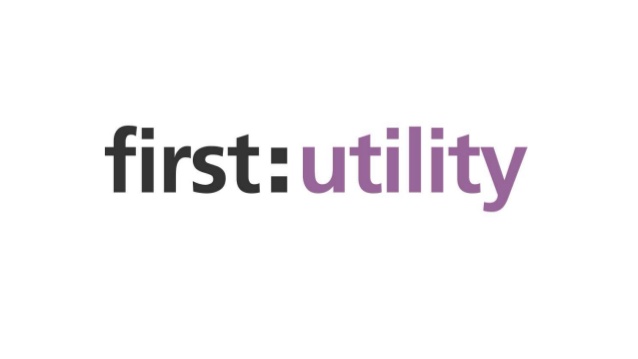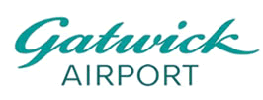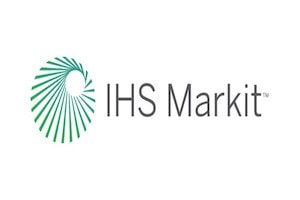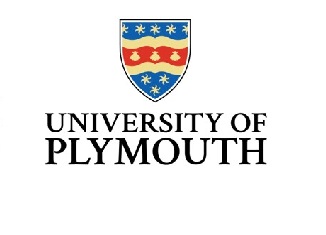
2010 marked the 150th anniversary of the formation of Killby & Gayford. Since 1860 they have built an unrivalled reputation as a financially sound construction company with annual turnover approaching £100m and a collaborative and non-confrontational approach to business with the ability to provide prestigious high quality products and projects within tight time and financial constraints on a regular basis.
When we met them the company was looking to make savings in their IT infrastructure. Rapid and substantial growth made them susceptible to punitive licensing charges from well-known proprietary vendors.
Who are Killby & Gayford?
Established in 1860, Killby & Gayford is a leading building refurbishment contractor. With revenues of £100 million per annum, the firm employs over 300 employees across the UK.
Rapid and substantial growth made them susceptible to punitive licensing charges from Microsoft and others. This was a particularly acute problem because of the firm's highly distributed nature - at any one time they have 5 regional office and +30 site offices to run. In 2008, the firm began a restructuring programme to their IT lower costs and increase operational flexibility.
Killby & Gayford took the strategic decision to run their entire infrastructure on Open Source software in 2003.
In 2008, Sirius refreshed this infrastructure, migrated many essential network services to an enterprise datacentre in the Docklands and installed a new VoIP telephony system. K&Gs IT is now fully managed by Sirius including a first-line helpdesk service.
- Security – enterprise firewalling and network traffic encryption at all sites
- Email – using Cyrus IMAP, Mailscanner, Exim stack. All workstations use the Mozilla Thunderbird client with secure mobile access provisioned for Blackberries and iPhones
- Directory services – replicated directory services managed using GOSa, a web-based administration tool
- Domain control – workstation authentication to directory services for +200 PCs; and domain-based single-sign-on authentication to file, print and web proxy services
- File and print – Samba and CUPS on Debian Linux
- Web proxy – Squid and Dan's Guardian used for website filtering
- Web services and content management – based on the LAMP stack
- Monitoring – Zabbix telemetry and automated failover if an office suffers failure of its primary internet connection
- Alfresco Document Management
- VoIP telephony based on Asterisk
- Flexible architecture for highly distributed and increasingly mobile workforce
- Faster, more stable and secure network
- Scalability at zero additional cost in software licensing
- Support heterogenous desktops - Windows, Macs and Linux
- Outsourced IT administration and help desk
















































